Anil Antony, a figure of prominence within the Bharatiya Janata Party, assumes the dual mantle of national secretary and spokesperson, his lineage tracing back to the esteemed former defense minister, A K Antony. Transitioning from the Congress to the BJP approximately a year ago, Anil positioned as the BJP’s nominee for Kerala’s Pathanamthitta, a pivotal Lok Sabha constituency nestled in the southern terrain of the state, Anil Antony readies himself to contest in the forthcoming 2024 general elections.
Before immersing himself in the political arena, a Stanford alumnus Anil Antony charted a path through the realms of technology and social service. His journey began with an advisory role at Casper Labs in California, a tenure that sculpted his acumen in digital innovations. Upon returning to India, he assumed the mantle of Business Consultant at Grant Thornton in New Delhi, broadening his professional horizons. Noteworthy is his tenure within the Indian National Congress, where he held significant portfolios before his ideological shift.
In a candid exchange with veteran journalist Ravindra Ojha, representing The Interview World, Anil Antony unravels a tapestry of insights. He reflects on the BJP’s electoral gains in Kerala, dissects the fiscal mismanagement plaguing the state government, and offers pragmatic solutions. Additionally, he sheds light on the struggles faced by rubber farmers, illustrating the challenges within Kerala’s agrarian landscape. Furthermore, Anil articulates his vision for Pathanamthitta, weaving a narrative of development and progress for his prospective constituents. Through this dialogue, Anil Antony emerges as a voice poised to address the intricate tapestry of Kerala’s socio-political landscape.
Q: What factors influence the likelihood of BJP’s electoral success in Pathanamthitta?
A: We currently encounter no significant challenges. Our electoral influence within the constituency continues to ascend. However, an intricate dance occurs between the Left and the UDF, exchanging votes to bar the BJP. Although they claim to be rivals in Kerala, they stand as allies outside, part of the INDI Alliance, their stances nearly indistinguishable. Thus, such an alliance could materialize. Nevertheless, despite this, our confidence in victory remains steadfast.
Q: What is the current status of the financial dispute between the Kerala government and the Centre, and what potential repercussions do you anticipate this ongoing conflict may have on the ground?
A: Economic mismanagement has precipitated a staggering accumulation of debt, squarely attributing fault to the state government. Despite rampant fiscal profligacy and mismanagement, the Centre has displayed remarkable magnanimity by repeatedly raising the debt ceiling.
In my encounters with the youth, a pervasive anxiety looms over their present and future prospects, exacerbated by the dearth of employment opportunities. Grievously, essential workers such as teachers, police officers, and medical laboratory staff endure untimely salary disbursements. The Reserve Bank of India’s verdict further compounds the state’s woes, deeming Kerala among the trio of states with the feeblest growth rates, with youth unemployment ranking second.
The crux of the issue lies in the state government’s aversion to accountability. The Centre’s call for nothing more than accountability and prudent fiscal practices falls on deaf ears amidst the clamor for responsible expenditure and borrowing.
I firmly believe in the discerning intellect of the people of Kerala, who grasp the shortcomings of the current state government’s actions. They yearn for a transparent administration dedicated to the well-being of its citizens. Inevitably, change beckons.
Q: What strategies or measures can be implemented to effectively tackle the financial challenges facing Kerala?
A: At the heart of the matter lies a fundamental principle rooted in basic economics: the prudent allocation of resources. It behooves one to invest in endeavors promising higher returns and to judiciously manage the resulting earnings—a paradigm intrinsic to the functioning of any discerning household.
Alas, the state government’s approach appears counterproductive, as it neglects to cultivate an enabling environment for private industry. Rather than fostering innovation and growth, the government resorts to a precarious cycle of borrowing to offset existing debts. Compounded by a narrow revenue base reliant on remittances, alcohol sales, and tourism, the state’s economic landscape lacks diversification and resilience. Moreover, the exodus of potential IT and tech ventures to neighboring jurisdictions exacerbates the situation.
Given these circumstances, prospects for meaningful economic progress under the current administration appear bleak. A communist ideology, impervious to the imperatives of capital and capitalism, impedes the realization of sustainable growth—a sobering realization for those with hopes pinned on economic rejuvenation.
Q: What is the comparative significance of Sabarimala in the upcoming parliamentary elections, considering the substantial complaints of mismanagement during the last pilgrimage season, in contrast to its relevance in the 2019 elections?
A: Though diminished compared to past events, the lingering wounds of Ayyappa devotees demand acknowledgment. The evident mismanagement underscores the state government’s failure to ensure adequate arrangements. Moreover, Thomas Isaac’s derogatory remarks towards Ayyappa devotees exacerbate the situation. In light of these challenges, our party commits to realizing the Sabari rail project and modernizing the Thiruvalla railway station, crucial for accessing Sabarimala. Recognizing the increasing demand, there’s a pressing need to establish multiple world-class transit points. By addressing these issues with diligence and foresight, we aim to restore faith and ensure seamless pilgrimage experiences for devotees.
Q: What are the current challenges facing rubber farmers in Kerala, and what potential solutions do you see to address their situation?
A: Rubber farmers yearn for a substantial increase in their income, yet their current earnings fall far below the mark, averaging a mere Rs. 140-170 per unit, well below the critical breakeven point of Rs. 200. To bolster their economic standing, we propose an innovative strategy centered on enhancing the value of rubber. This entails focusing on specialized segments such as avionics rubber and defense-grade rubber, which command a premium price in the market, effectively doubling the profits garnered. However, the realization of this vision hinges on the establishment of an industrial park in Pathanamthitta, serving as a nucleus for innovation and value addition in the rubber sector.
The welfare of farmers has been accorded utmost importance in the agenda of the Modi government. Under the visionary Viksit Bharat initiative, farmers are recognized as one of the “four pillars” identified by Prime Minister Narendra Modi, alongside the poor, women, and youth.
In Kerala, the plight of farmers transcends political affiliations, as they grapple with persistent challenges exacerbated by bureaucratic inefficiencies. Tragically, instances of rubber farmers succumbing to the depths of despair through suicide underscore the severity of their predicament. Rampant crop destruction inflicted by wild boars and other animals further exacerbates their hardships, compounded by the recurrent onslaught of natural disasters.
Beyond mere price differentials, addressing the issue of rubber imports assumes critical significance in safeguarding our foreign exchange reserves, presenting a tangible solution to alleviate the economic strain.
Q: What is your envisioned future for Pathanamthitta?
A: Pathanamthitta possesses the potential to blossom into a vibrant epicenter for religious tourism, with its renowned pilgrimage sites such as Sabarimala. Moreover, it harbors sacred sites for diverse Christian denominations, including Parumala for the Malankara Orthodox Syrian Church, Maramon for the Mar Thoma Syrian Church, Manjinikkara for the Jacobites, and Kumbanad for the Pentecostal Church. Yet beyond the realm of spiritual exploration, our district also beckons with the promise of ecotourism havens like Gavi and Adavi. Moreover, the famed Aranmula boat race further adds to the allure of our region.
In envisioning the future, should I earn your vote, I pledge to represent our constituency within the ruling party at the national level. It is a party poised to secure a commanding presence with an anticipated tally of 370 seats, likely exceeding the formidable 400 mark alongside our esteemed alliance partners. Even without wielding influence in the state’s governance, we have demonstrated our commitment to Kerala’s progress through a myriad of central government initiatives. As people’s elected representative aligned with the governing party at the national helm, I am poised to catalyze even greater advancements for our beloved district and beyond.



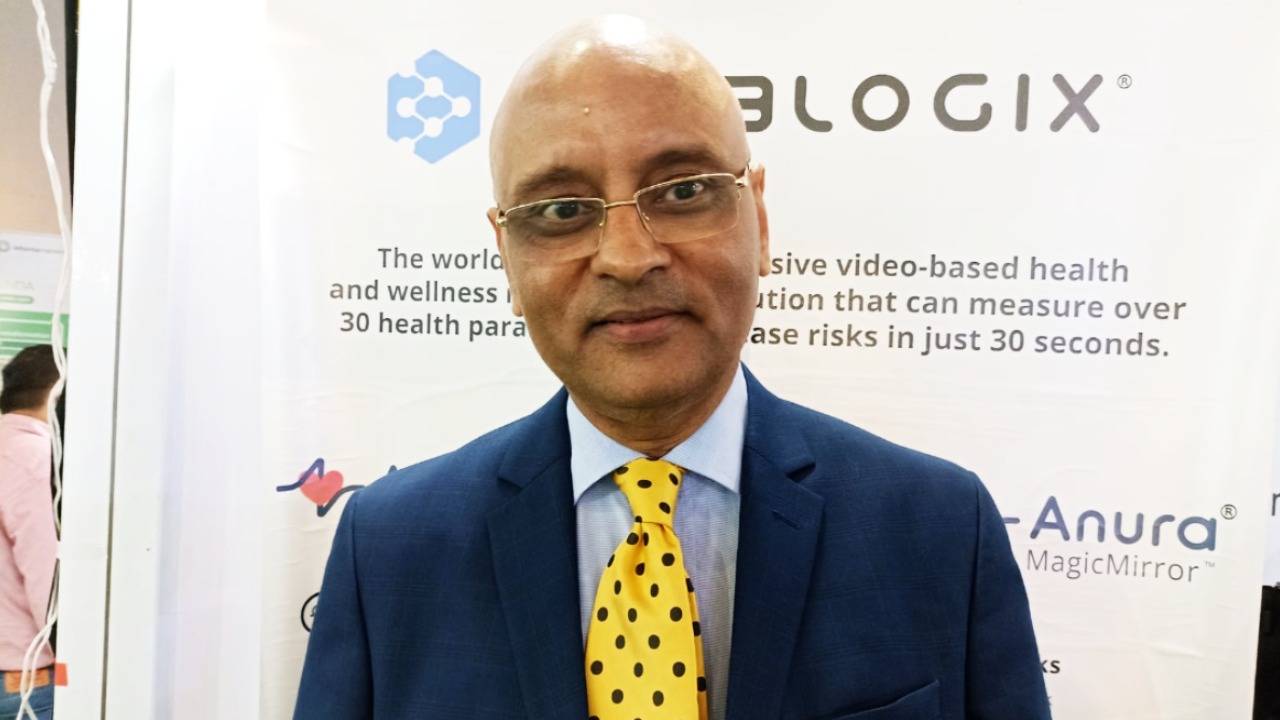

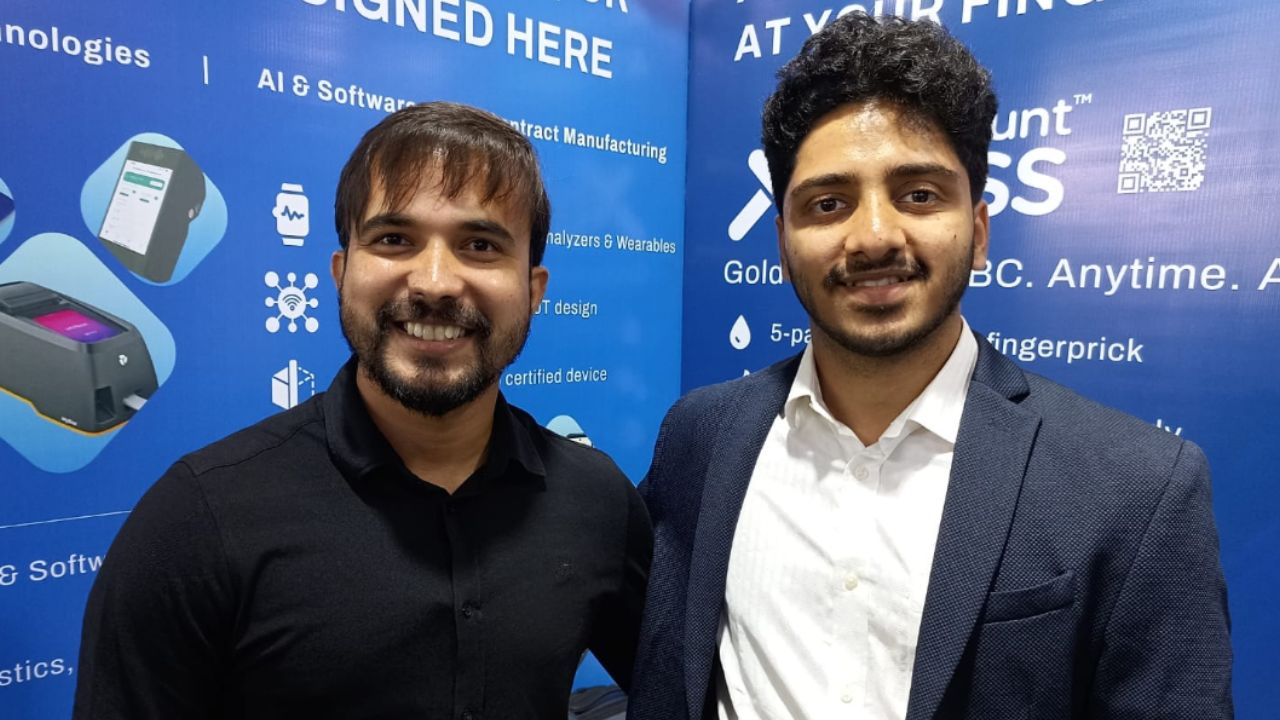
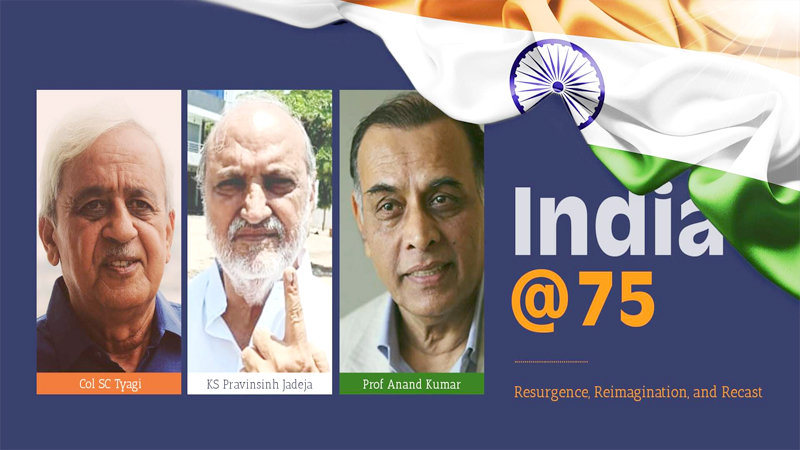
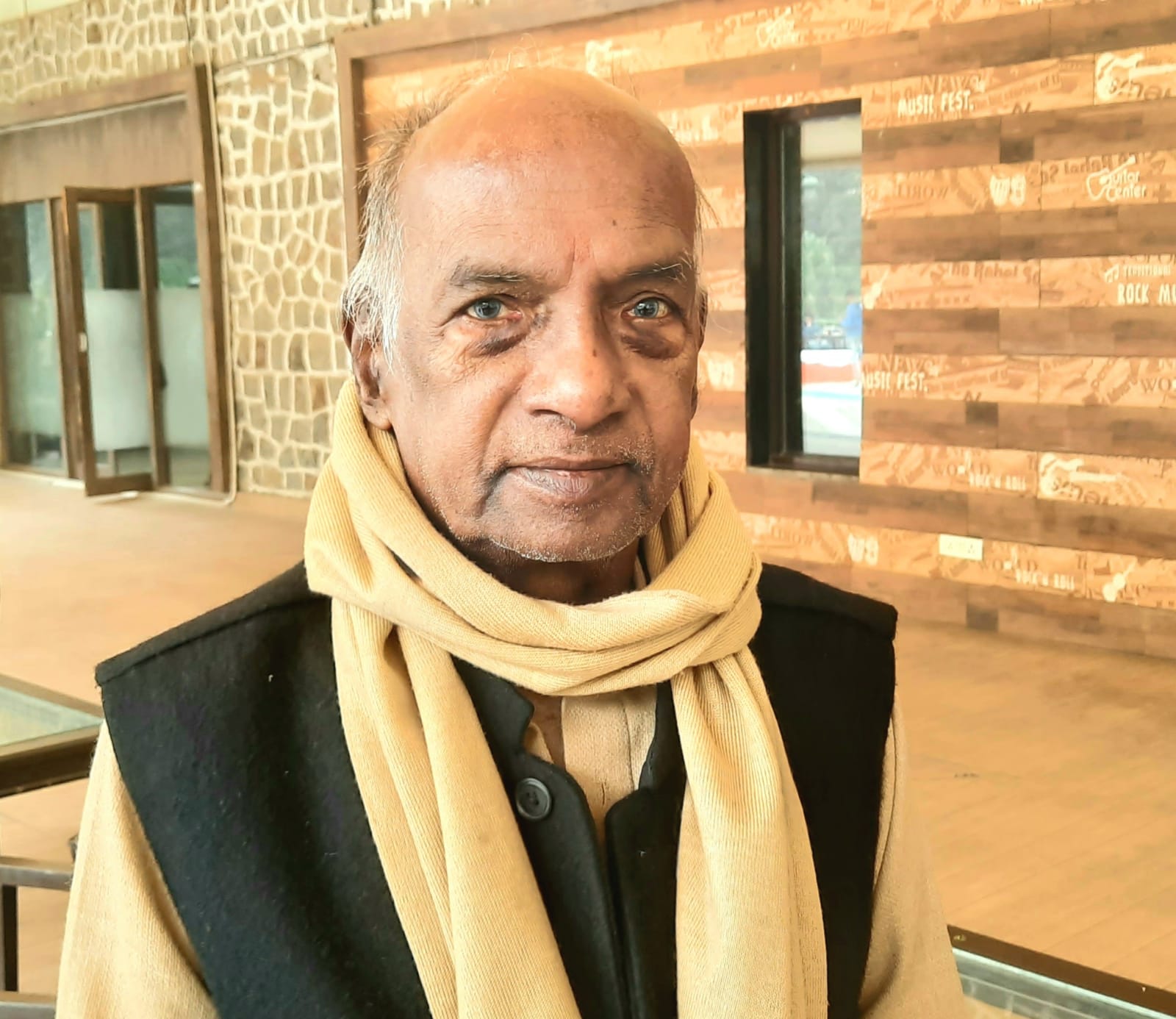
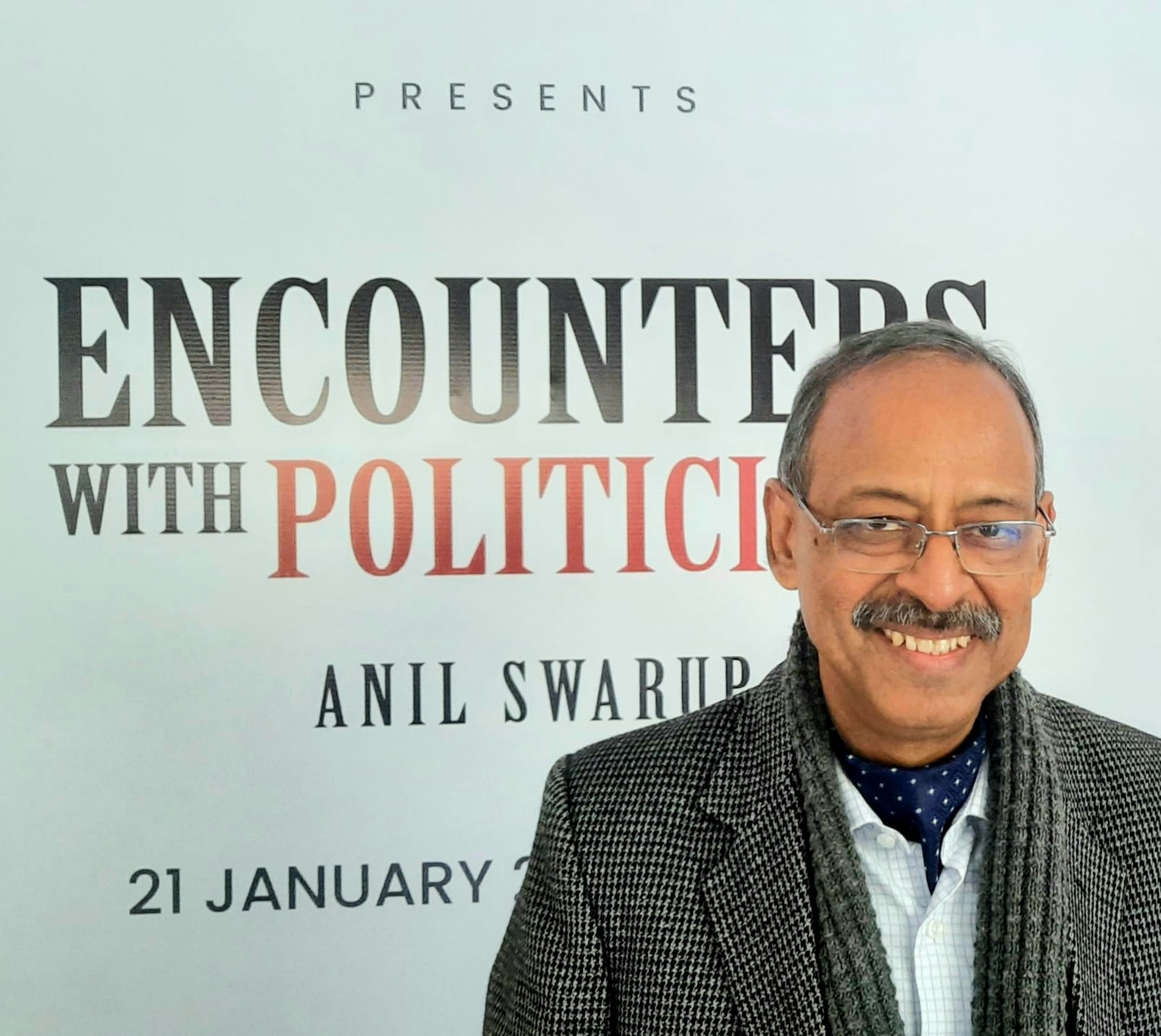
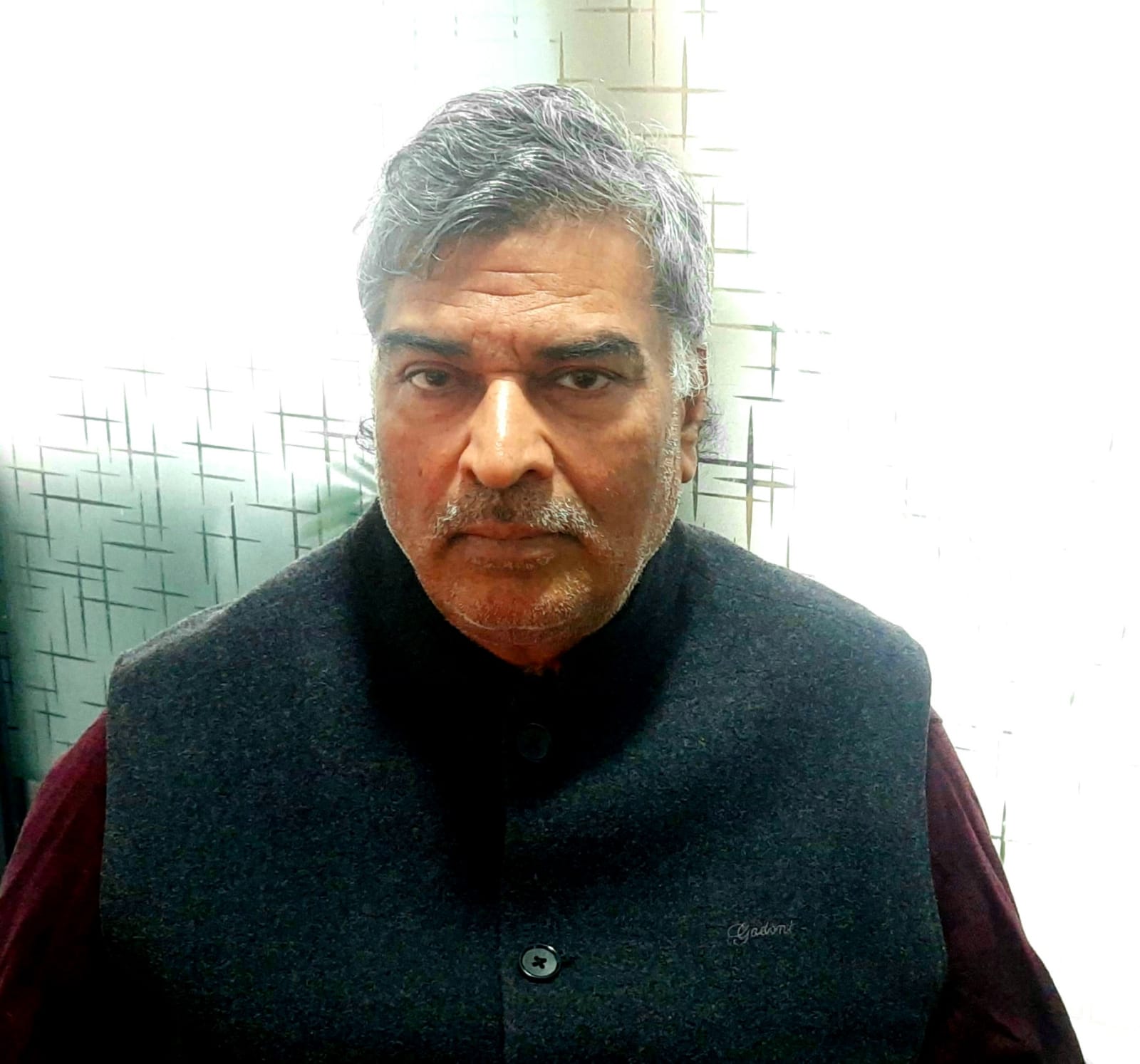
2 Comments
I view something genuinely special in this internet site.
I want meeting useful info, this post has got me even more info! .
Comments are closed.